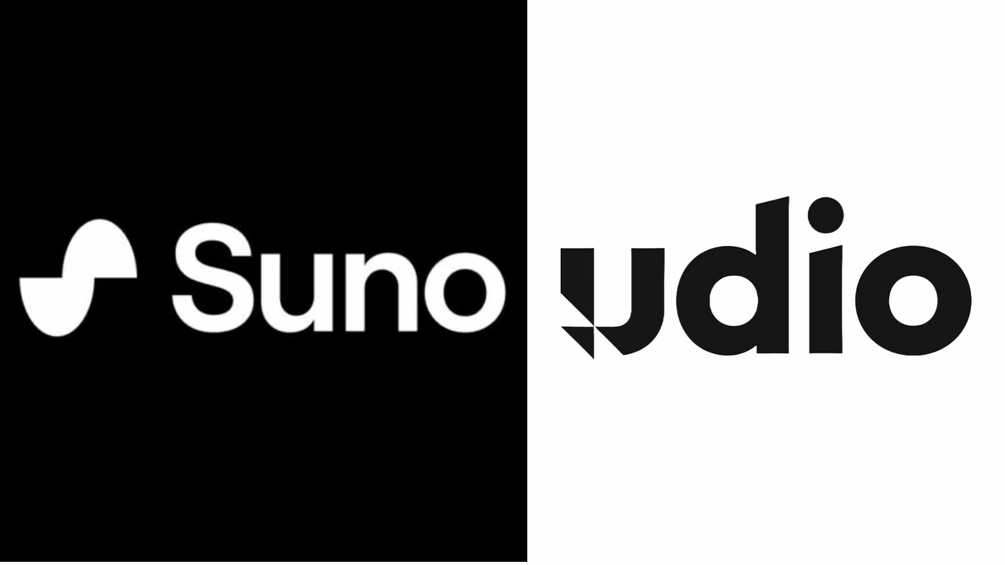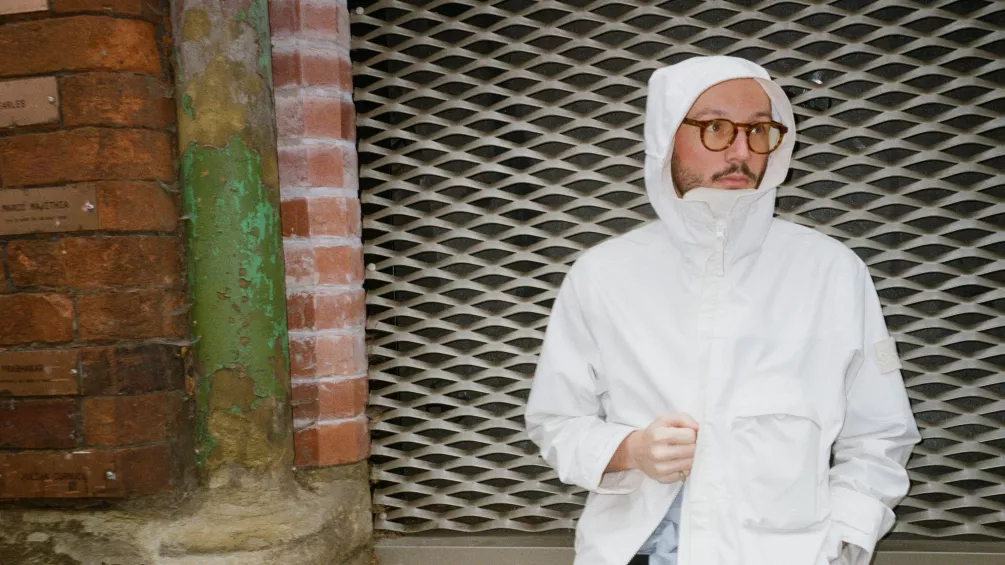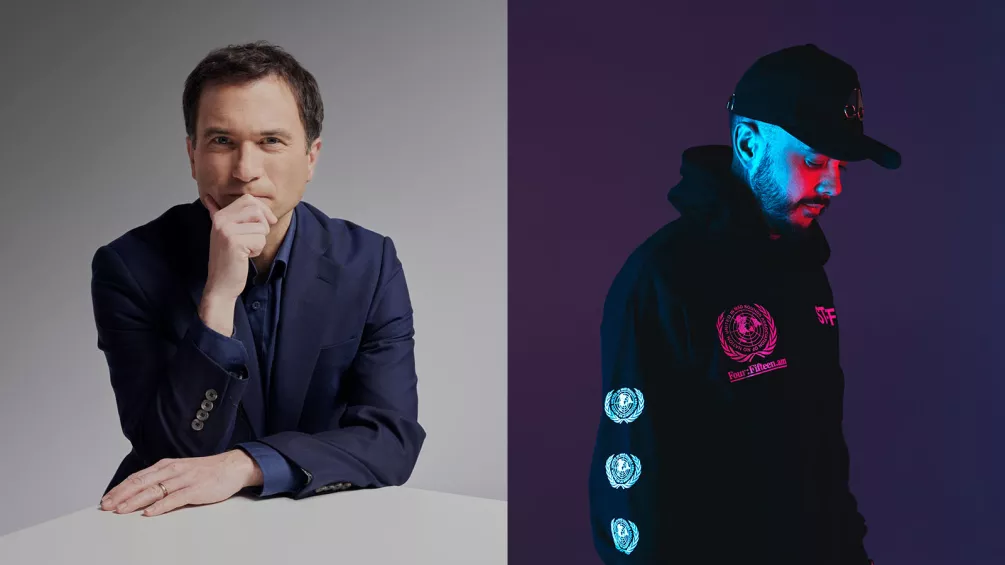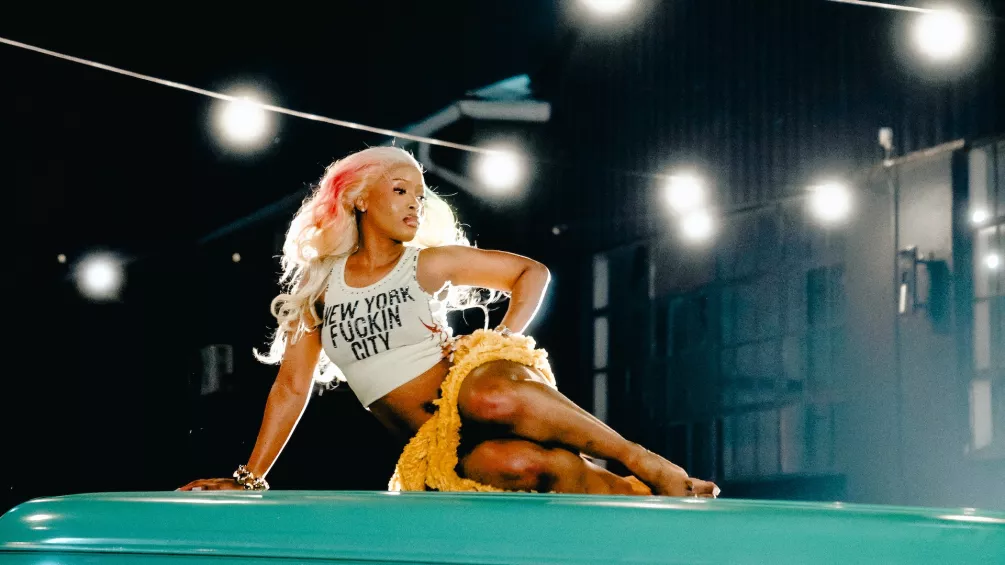
Major music industry groups sue generative AI companies for copyright infringement and exploitation
Several of the world’s biggest record labels and music industry groups are suing the AI companies Suno and Udio for alleged copyright infringement and exploitation. Both web-based startups, marketed as artificial intelligence song generators, are accused of using popular music owned by the labels to train their AI technology.
Suno and Udio allow users to input text prompts to create full songs based on their sound libraries. However, the lawsuits claim that the companies are using copyrighted music to “saturate the market with machine-generated content that will directly compete with, cheapen, and ultimately drown out the genuine sound recordings on which [the services were] built.” The lawsuit seeks compensation of $150,000 per infringed work, alleging that Suno and Udio’s software steals music to generate similar works.
The Recording Industry Association of America announced the news on Monday, with major labels such as Sony Music Entertainment, Universal Music Group Recordings, Warner Records, and others filing the case. Several high-profile songs and artists are cited as circumstantial evidence.
Mitch Glazier, Chairman and CEO of the trade body, said in a statement: “Unlicensed services like Suno and Udio that claim it’s ‘fair’ to copy an artist’s life’s work and exploit it for their own profit without consent or pay set back the promise of genuinely innovative AI for us all.”
Suno, which launched its product in 2022 and has partnered with Microsoft, charges a monthly fee to its users. Udio, which launched last April, gained popularity when US producer Metro Boomin used the app to create ‘BBL Drizzy,’ a viral parody of the diss tracks between Kendrick Lamar and Drake.
In May, Suno received $125 million in venture capital funding, marking the “largest ever investment in a music AI startup,” according to Water and Music founder Cherie Hu. Meanwhile, Udio raised $10 million from investors and several celebrities last April.
Neither company has publicly disclosed the origins of their training data, and experts suspect they are using copyrighted music without consent. Mikey Shulman, AI chief executive at Suno, told The Guardian that the software is “designed to generate completely new outputs, not to memorise and regurgitate pre-existing content,” and asserted that the app doesn’t allow users to reference specific artists.
Artificial intelligence is currently a controversial and heated topic in the music industry. In May, a specialised cross-party parliamentary group urged the UK government to advance stalled plans for implementing regulations on artificial intelligence and artist protections.
In April, the Artists’ Rights Alliance organised more than 200 artists, including major mainstream names like Billie Eilish, Nicki Minaj and Katy Perry, to sign an open letter calling for a stop to the “predatory” use of AI-generated music.
However, other artists have expressed alternative views, like Steve Aoki, who told Billboard that he has “no issues” with AI-produced music: “You just have to ride the wave with it and just start building safeguards as we go”.





